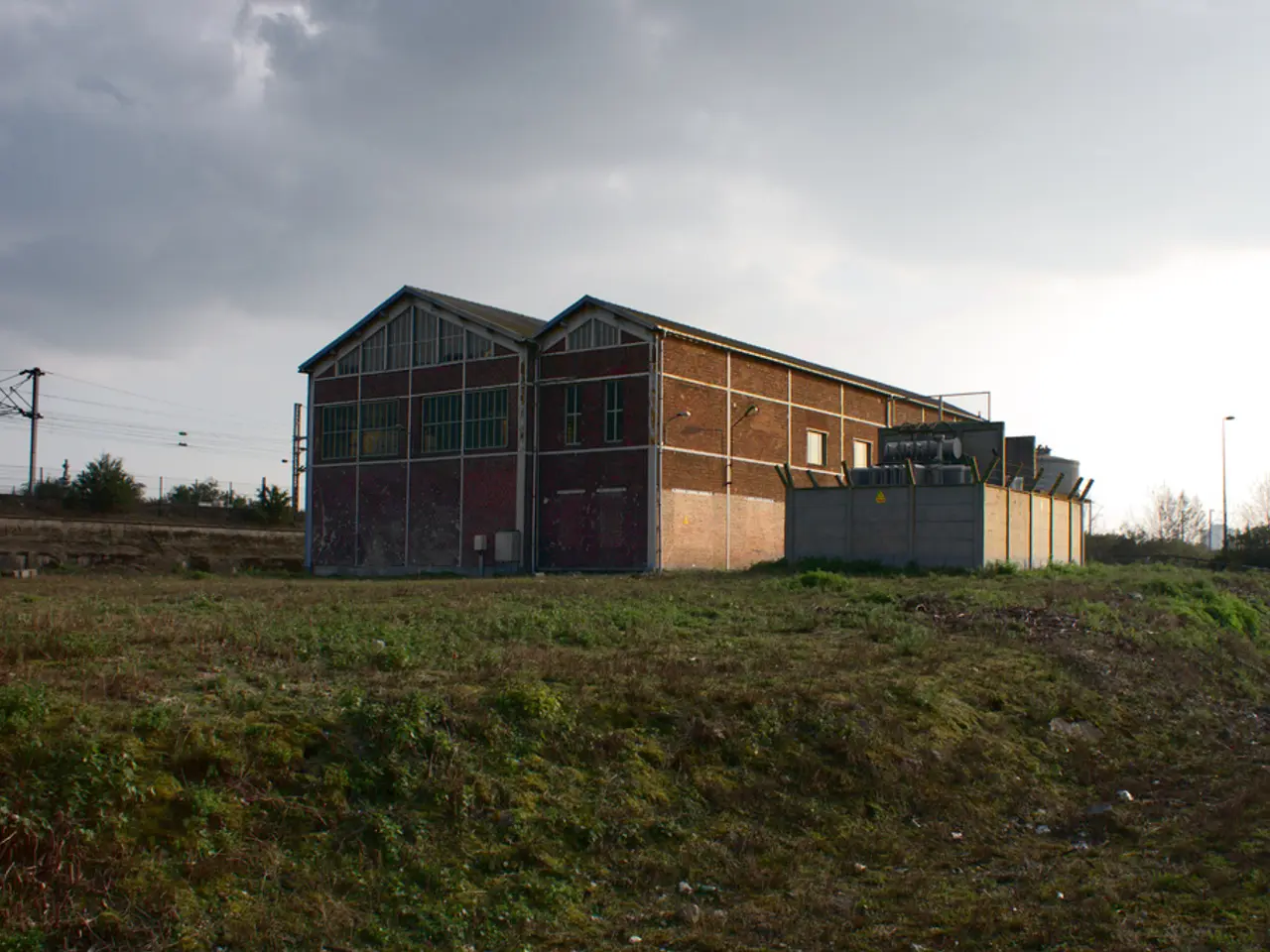A Persistent Power Crisis in Iraq: The Rise of Private Generators
Private power generators in Iraq: A lifeline or an environmental strain?
In the scorching heat of Iraq, where temperatures soar above 50 degrees Celsius (122 degrees Fahrenheit), the reliance on private generators has become a common sight in urban cities. This reliance, however, comes with its own set of challenges and consequences.
Causes of the Reliance on Private Generators
The root cause of Iraq's reliance on private generators is a combination of inadequate public infrastructure, corruption, increased demand, and record heatwaves.
- Inadequate Public Infrastructure: Iraq's electricity infrastructure is outdated and often unable to meet the high demand during the summer months, leading to regular power cuts.
- Corruption and Management Issues: Corruption within the electricity sector and inefficiencies in management contribute to the endemic power shortages.
- Increased Demand: The country experiences a surge in electricity demand, particularly during religious commemorations like the Arbaeen pilgrimage, which increases the strain on the grid.
- Record Heatwaves: Recent heatwaves have pushed temperatures to record highs, further increasing the demand for electricity and straining the grid beyond its capacity.
Effects of the Reliance on Private Generators
The widespread use of private generators has several adverse effects:
- Environmental Impact: The use of private generators generates significant emissions and can contribute to air pollution, exacerbating the urban heat island effect in cities like Baghdad.
- Economic Burden: Relying on private generators can be expensive for households, as it adds to their energy costs, especially since these generators often cannot power all household appliances, particularly air conditioners.
- Health Concerns: Continuous exposure to generator emissions can pose health risks to residents, particularly in densely populated areas.
- Social Tensions: The frequent power outages and reliance on private generators can lead to public dissatisfaction and have been linked to protests during hot summer months when outages worsen.
Recent Developments
To address the electricity crisis, Iraq has taken steps such as ordering floating power plants from Turkey to increase electricity production. However, these measures are part of a broader strategy needed to significantly improve the country's public electricity infrastructure.
During peak hours at the height of summer, Iraq needs between 50,000 and 55,000 megawatts, but the national grid can only supply around 27,000 megawatts.
Amidst these challenges, there are glimmers of hope. Retired journalist and educator Abdul Karim Abbas has opened a free tree nursery in Baghdad to restore and expand green spaces in Iraq, distributing thousands of seedlings since opening about four years ago. His aim is to help combat global warming and pass on his knowledge to children about the importance of planting trees.
The Iraqi Prime Minister, Mohammed al-Sudani, has also announced an initiative to plant five million trees and date palms nationwide. These initiatives, while small steps, may help in the long run to alleviate the power crisis and improve the quality of life for Iraqis.
Read also:
- Deepwater Horizon Oil Spill: BP Faces Record-Breaking Settlement - Dubbed 'Largest Environmental Fine Ever Imposed'
- British pension trust seeks minister's support for review of fiduciary obligations
- Weekly activities in the German federal parliament
- Escalating Political Instability and Polarization Intensify the Threat of an Uncontrolled Shift Towards Sustainability








